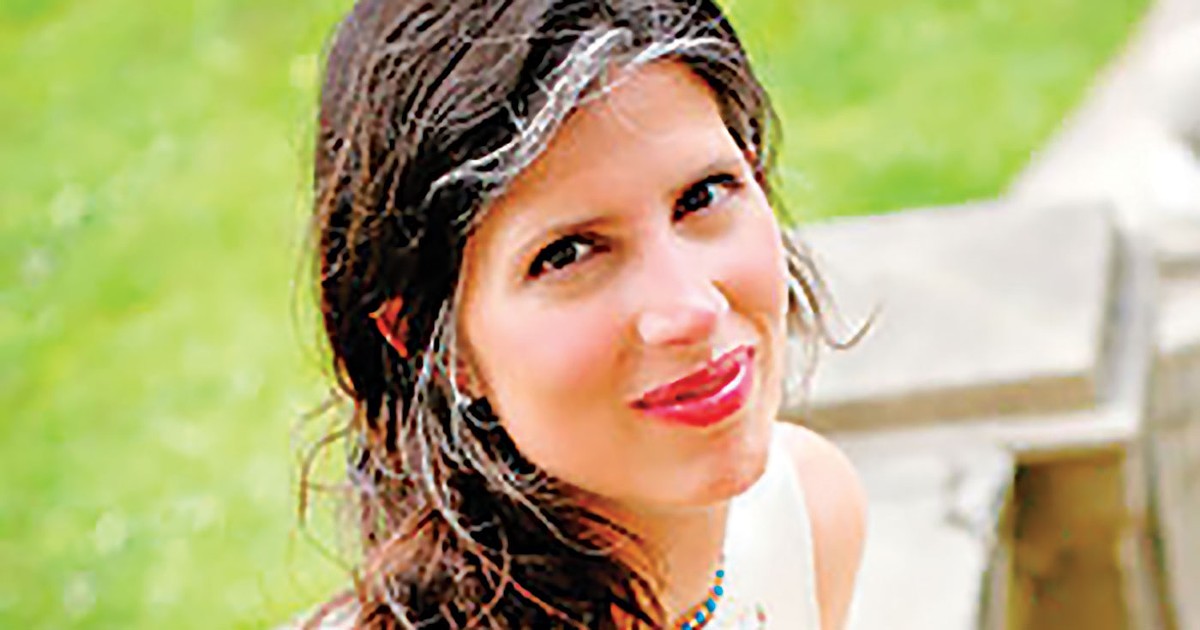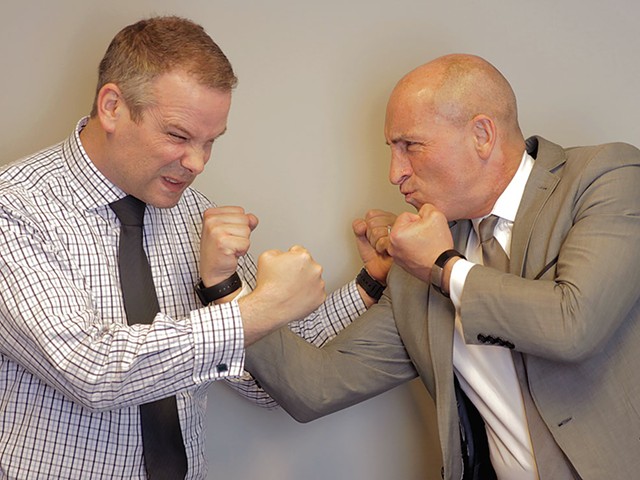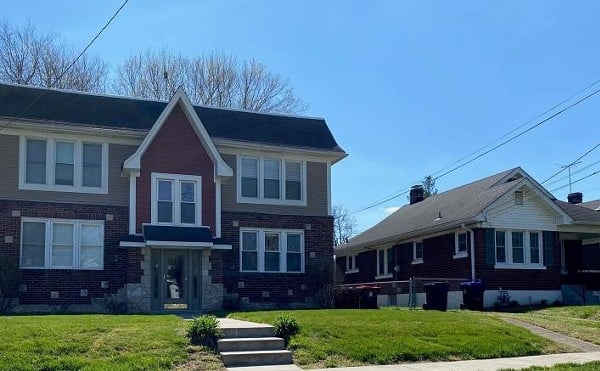This murderous year, in what various news outlets have dubbed the “United States of Hate,” is killing our souls. I have seen more bloodshed online than I ever wished to see, via videos that automatically stream on social media, whether I click a link or don’t.
I stayed awake into the wee hours July 8, after a sniper killed five police officers in Dallas, to see if the man named by the police as a suspect (despite video that showed him walking away from the direction of the shooting) was still alive. Mark Hughes, a suspect, or a person of interest, depending on the source, surrendered to the police, yet Twitter users continued to re-tweet by the thousands, the image of him as a suspect, with the directive to “help us find this man.”
Hughes is black, was wearing a camouflage T-shirt and had a weapon slung lawfully over his shoulder at the Dallas protest of the slaying of Philando Castile by police on July 6. Dallas is an open-carry state. I imagined the treatment he would receive at police headquarters following the sniper attack, and my stomach turned. That he was alive the next morning was astounding.
The next night, Baton Rouge police, in full RoboCop riot gear, arrested one of the Black Lives Matter leaders, DeRay Mckesson, without provocation, by all video accounts, while he was live-streaming a peaceful protest of Alton Sterling’s murder there on July 5 by police. #FreeDeray circulated among social justice activists. Again, I went to bed sick to my stomach, wondering if he would be alive in the morning. He is, after all, a walking example of how to create a modern civil rights movement, and his impact on implementing peaceful protest and organizing cannot be overstated. The police released him after 17 hours, he tweeted.
Vicarious trauma describes physical and psychological symptoms experienced by witnesses of trauma and abuse. In a lawyer newspaper called Bench and Bar, a recent article on lawyer burnout delineated the symptoms of what the author called “compassion fatigue.”
It’s what many of us seem to have now. We are soul-sick and want to remedy injustice, but can’t, and we feel guilty if we need to walk, or turn, away to recharge our centers of hope and help.
No rule forbids us from taking a respite. If you would be in better shape if you don’t watch the videos, if you don’t re-tweet the “breaking news” and if you don’t reiterate the parts of the criminal code and the Constitution you know are being violated — you are still compassionate and empathic, and you can still do your part. But maybe it would be better to do it later, when your head and gut are in the right place. “Pour from your saucer, not your cup,” says my friend Tanya Torp, who runs Step by Step in Lexington, for economically-disadvantaged moms.
I can write about this because I am a white lawyer who is experiencing murder in America vicariously, but I am not in the line of fire (thus far). Inasmuch as I’ll never experience what it’s like to be non-white, it doesn’t mean I am immune from being afraid of the police.
Once, a Louisville police officer pulled me over late one night for swerving from my lane. The officer ordered me to perform a sobriety test, and, although I don’t drink, it scared the bejesus out of me. I was a bit disoriented, because I was scared, because he was not very kind and because it was very dark and late, and I was alone. I got out of the car and stood on asphalt that was uneven, and I asked him if I could take off my heels before I walked the invisible line, because I was a little shaky. He begrudgingly said, “Yes.” He noted that I did not do well on the “eyeball-following-the-flashlight” test, and he decided to give me a Breathalyzer test, although I walked the line straight, and did the alphabet or numbers in sequence.
Bear in mind, I knew I was completely alcohol- and substance-free, and I was still frightened to the point that my legs quaked. He retrieved the Breathalyzer from his trunk and instructed me to blow really hard into it. I blew as hard as I could until he saw my number — 0.00 — exactly as I’d told him it would be. I relaxed a tiny bit. He said something equivalent to “You were right,” and I drove home, shaken.
Now imagine if I were black.






